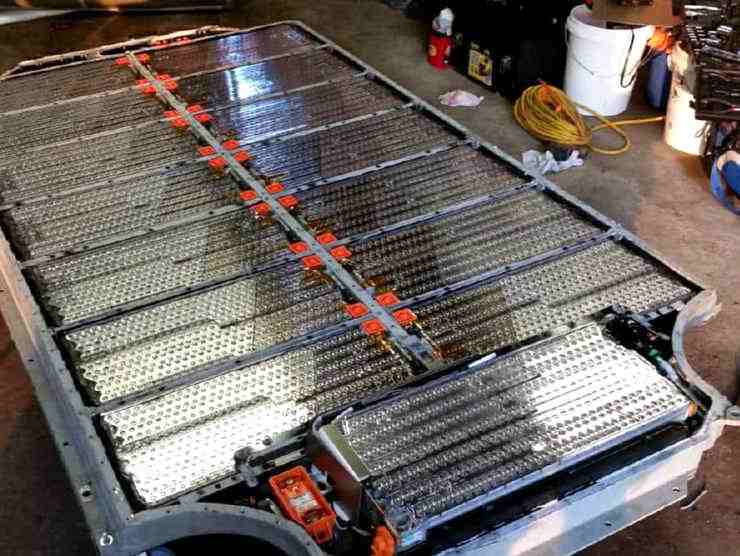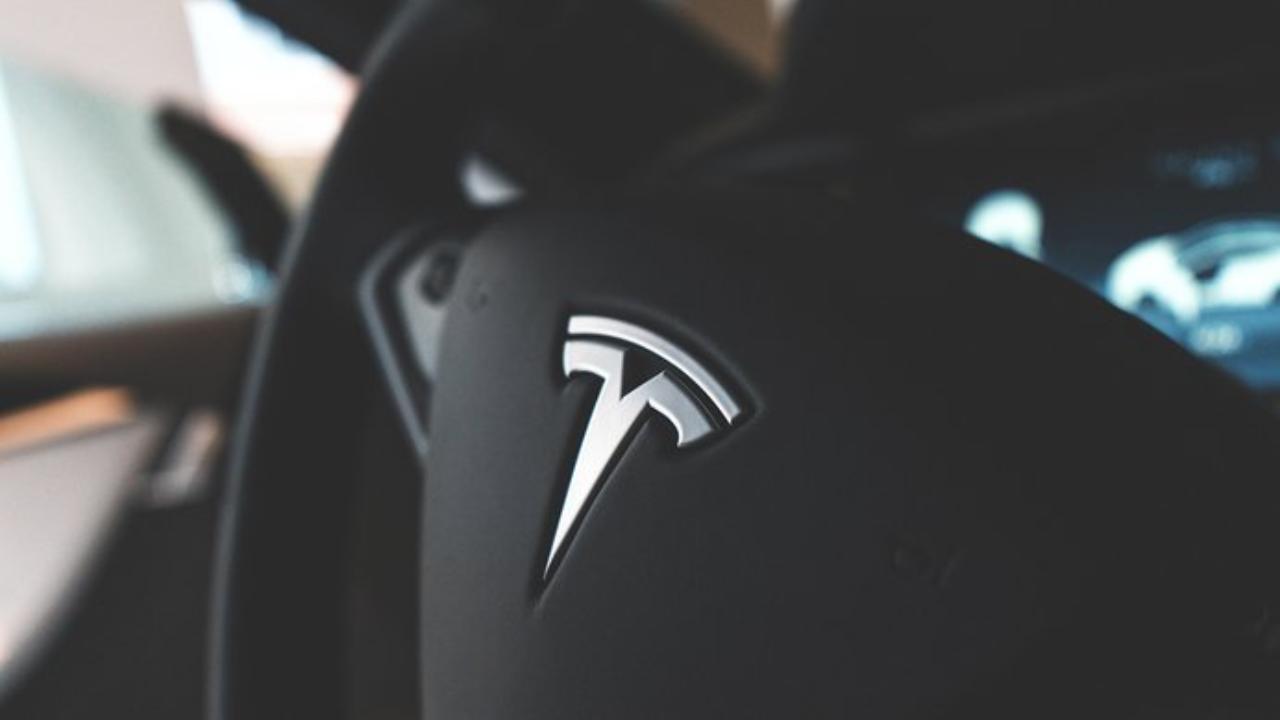Electric cars, when everything really changes. The international crisis has been very clear for weeks, and the consequences will also hit the future of the automotive industry hard.
The effects of the war in Ukraine and the sanctions imposed on Russia highlight significant problems for the rest of the world as well. The costs of some raw materials, including nickel, have increased considerably. A fundamental resource for the future of the automotive industry and, above all, for the future of electric cars.
For those who do not know, in fact, A lot of Nickel is needed to make the batteries of these cars. Let’s take a simple example; a Tesla Model 3, with a 60 kWh battery, needs over 47 kilograms of nickel.
Russia is one of the largest producers and exporters in the world. It is therefore clear that the impact of the sanctions has increased the cost of this raw material to the stars.
The risk is therefore that of strongly influencing the production costs of electric vehicles, which in any case even before this complicated situation were not at all easy to bear.
Electric, Nickel too expensive: but the production costs are not discovered today
The automotive industry seems to have clearly embarked on the path of complete electrification. In the future, petrol and diesel cars will be increasingly “replaced” by hybrid and electric vehicles, with the latter destined to become the absolute reference on the market. At the moment, however, there is a “slowdown” in this sense.
The cost of electric cars is still very high, especially since batteries cost a lot and significantly affect production costs and the selling price of electric vehicles.
If we then add the increase in the cost of nickel, everything is made even more complicated. For this very reason, the situation around the metal could very soon become a major problem for automotive manufacturers around the world. The London Metal Exchange (LME) has already stopped trading on the metal in question.

Maybe they will change things next week, but for the moment everything remains stationary. Before Russia’s invasion of Ukraine, the price of this raw material was around $ 20,000, while now it even increased by 197%.
Roland Zenn, Fararis’ Manager Purchasing Battery Material, recently said that the cost of a 60 kWh battery of a Tesla Model 3 would reach very high figures. Just for the cathode chemicals of a battery alone, the cost would increase by more than 400% compared to last year (according to current prices), with the greatest impact due to nickel.
You might be interested in >>> Electric cars: this is how everything changes! For charging you no longer need sockets and flying wires
Without forgetting the increases recorded by Lito and Cobalt, which have already been growing for months. But since this situation could slow down the production of electric vehicles in the coming years, what solution to adopt? Perhaps by reducing the capacity of the batteries – which however would reduce the competitiveness of electric cars, causing shorter range.
–


